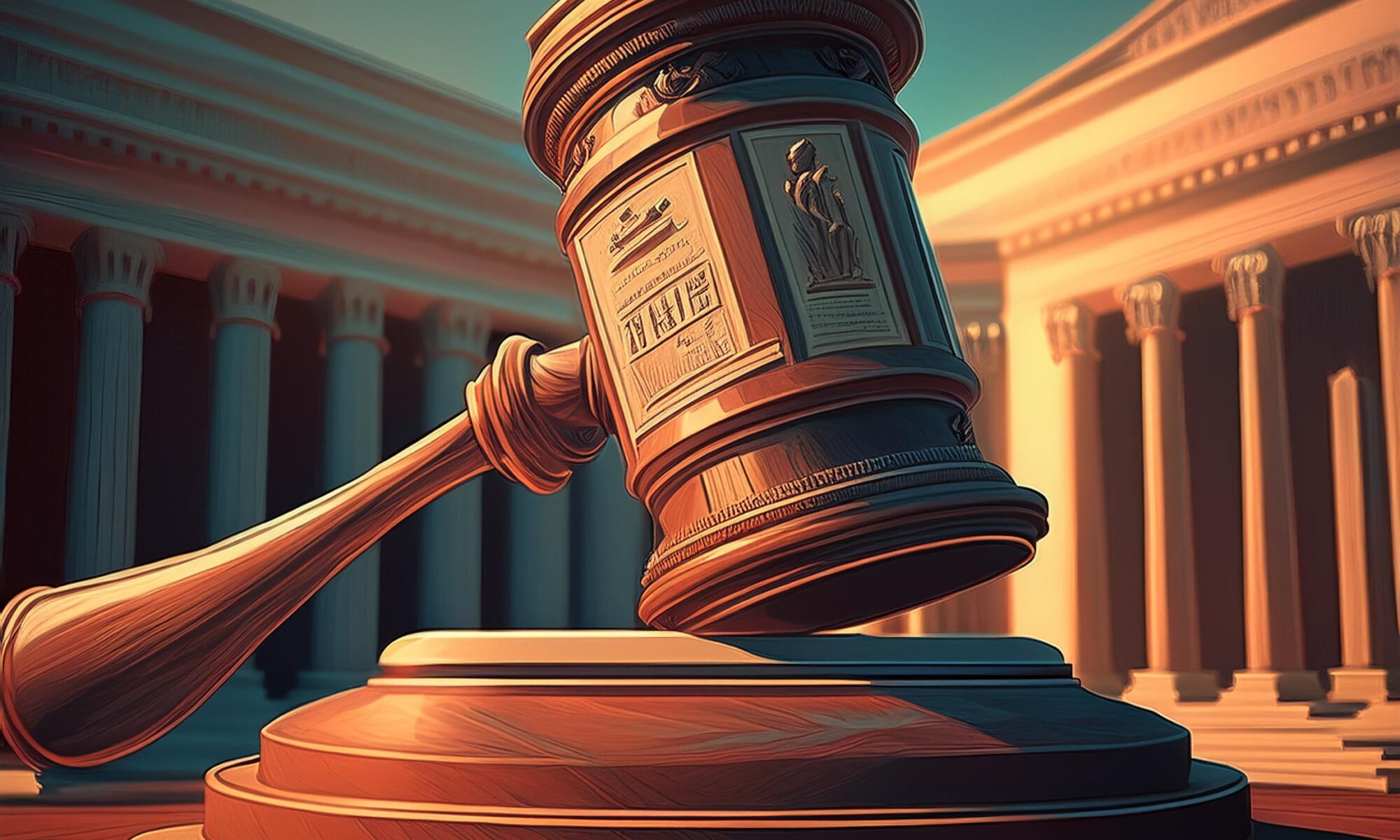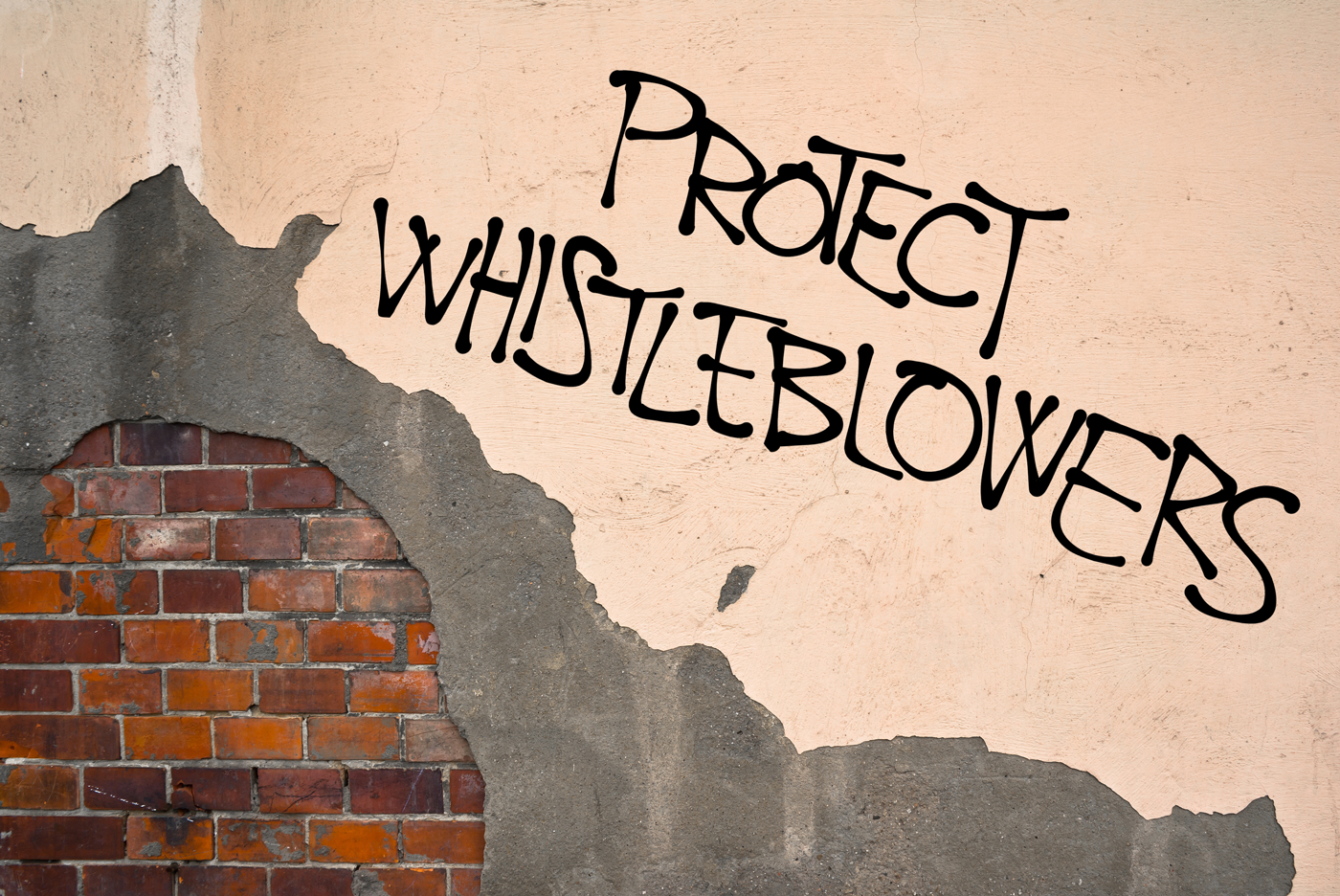In a landmark ruling, the California Supreme Court has established that a coworker’s use of the “N-word,” even once, can give rise to valid workplace harassment claims. This decision originated from the case of Bailey v. San Francisco District Attorney’s Office, involving an African-American investigative assistant, Twanda Bailey, who faced racial harassment from a coworker in 2015. Although lower courts minimized the impact of single racial slurs, the California Supreme Court, in a unanimous opinion written by Justice Kelli Evans, emphasized the offensive and degrading nature of such language, which invokes a history of racial violence and oppression. Legal Aid at Work, which represented amici curiae and advocated for acknowledging significant racial slurs as factors contributing to hostile work environments, celebrates this ruling as an important advancement toward upholding workplace dignity and respect.
The California Labor & Employment Law Review references the Bailey v. San Francisco District Attorney’s Office case in its annual roundup of the Top Employment Cases of 2024, co-authored by Andrew H. Friedman. It states: “The California Supreme Court continued its longstanding trend of delivering mostly employee-friendly decisions. For example, in Bailey v. San Francisco District Attorney’s Office, the court ruled that a one-time use of a racial slur ‘may be actionable if it is sufficiently severe in light of the totality of the circumstances and that a coworker’s use of an unambiguous racial epithet, such as the N-word, may be found to suffice.’ The court also ruled that an HR manager’s intentional obstruction of a complaint is actionable as retaliation.”


